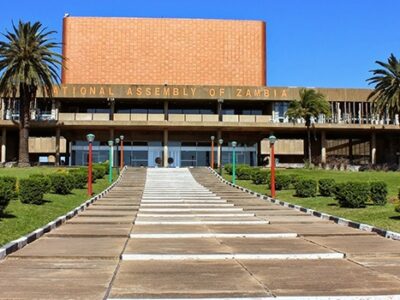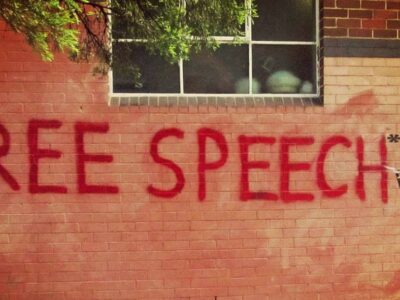Elections are a cornerstone of democratic governance, providing a critical platform for citizens to express their political preferences and influence the direction of their government.
Through elections, individuals have the opportunity to participate in the political process, shaping policies and leadership through their votes.
However, the electoral process often intersects with complex power dynamics that can challenge the very essence of free speech.
Read More: Abuse of free speech: A threat to information integrity, democracy, by Caren Nambela
Elections inherently amplify political discourse, enabling candidates and citizens to voice their opinions on policies, ideologies, and governance.
This amplification can enhance the diversity of viewpoints in public debate, fostering an environment where citizens can make informed choices.
By engaging in robust discussions and debates, the electorate can better understand different perspectives and make decisions that align with their values and interests.
Nevertheless, political speech during elections can also lead to significant tensions, particularly when opposing viewpoints confront the established status quo.
The clash of ideas is a natural part of democratic processes, but it can sometimes escalate into conflicts, especially when dissenting voices challenge entrenched power structures.
In some cases, governments may use elections as a pretext to implement policies that restrict free speech under the guise of maintaining public order or national security.
For instance, the Cater Center’s report on Zambia’s 2021 general elections highlights how “The Public Order Act was consistently used to disrupt the ability of political parties and civil society organizations to organize meetings and engage in public political activities.”
Such measures often lead to censorship of the media, regulation of campaign discourse, and limitations on protests or gatherings, thereby stifling the free exchange of ideas and suppressing dissenting voices.
The advent of social media has introduced both opportunities and challenges in the electoral landscape.
Social media platforms have democratized access to information, allowing marginalized voices to be heard and enabling rapid dissemination of campaign messages.
However, these platforms have also become breeding grounds for hate speech, harassment, and misinformation.
The rise of these issues has prompted both companies and governments to grapple with their responsibilities around content moderation and the balance between free speech and preventing harm.
Evance Daka, a lecturer at the University of Zambia, pointed out the democratic-authoritarian nature of the previous regime, the Patriotic Front (PF), towards the 2021 general elections.
He noted that the PF suppressed freedom of expression and association, with “cadres beating up anyone who opposed their views.”
Such repression led to a significant backlash, culminating in a shift in power through the electoral process.
This example underscores how the struggle for power can manifest in restrictions on free speech and, ultimately, how citizens may react through democratic means.
In essence, the relationship between elections and free speech is a double-edged sword. While elections can bolster free expression and democratic engagement, the struggle for power can also present significant challenges that threaten the very essence of free speech.
As societies navigate these complex dynamics, it is crucial to safeguard the principles of free expression to ensure a healthy, functioning democracy.
Maintaining a balance between security and individual rights is essential for fostering a vibrant democratic process where diverse voices can contribute to the collective decision-making process.
WARNING! All rights reserved. This material, and other digital content on this website, may not be reproduced, published, broadcast, rewritten or redistributed in whole or in part without prior express permission from ZAMBIA MONITOR.












Comments